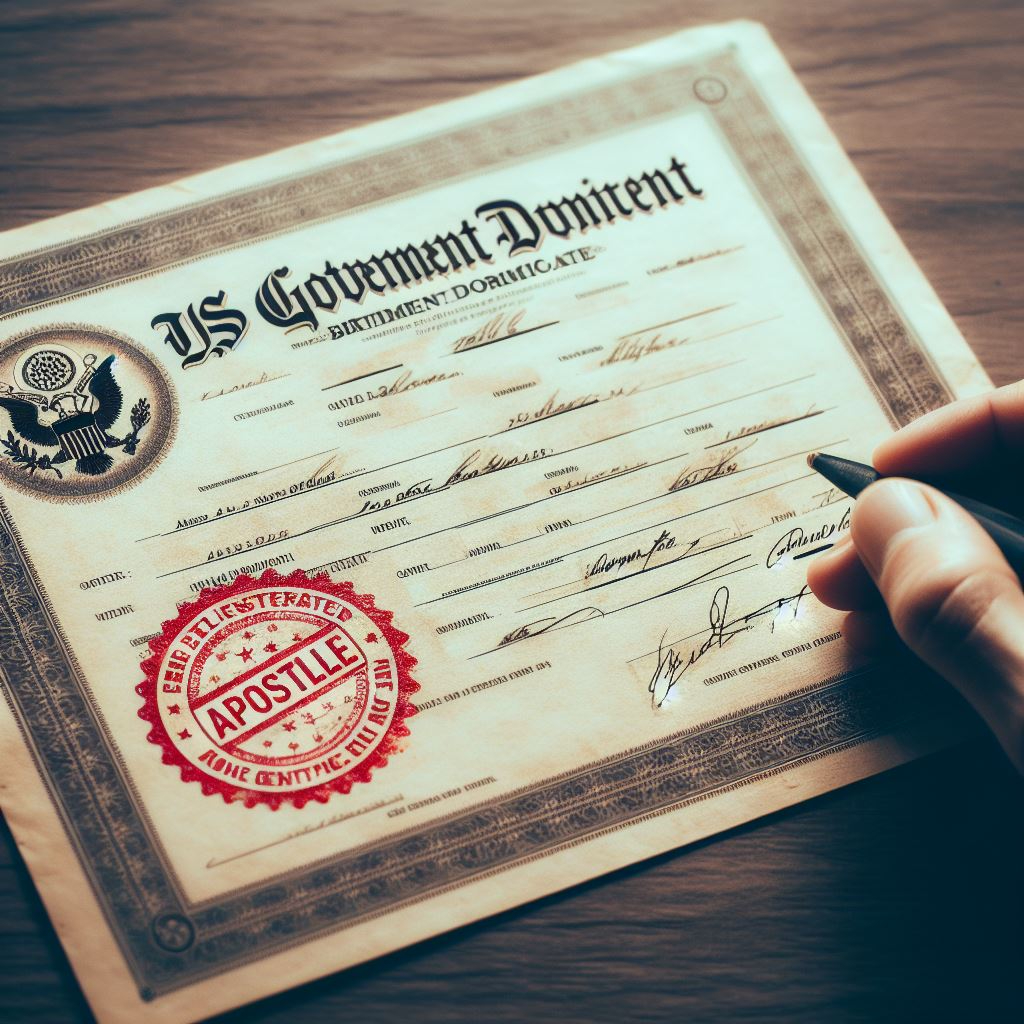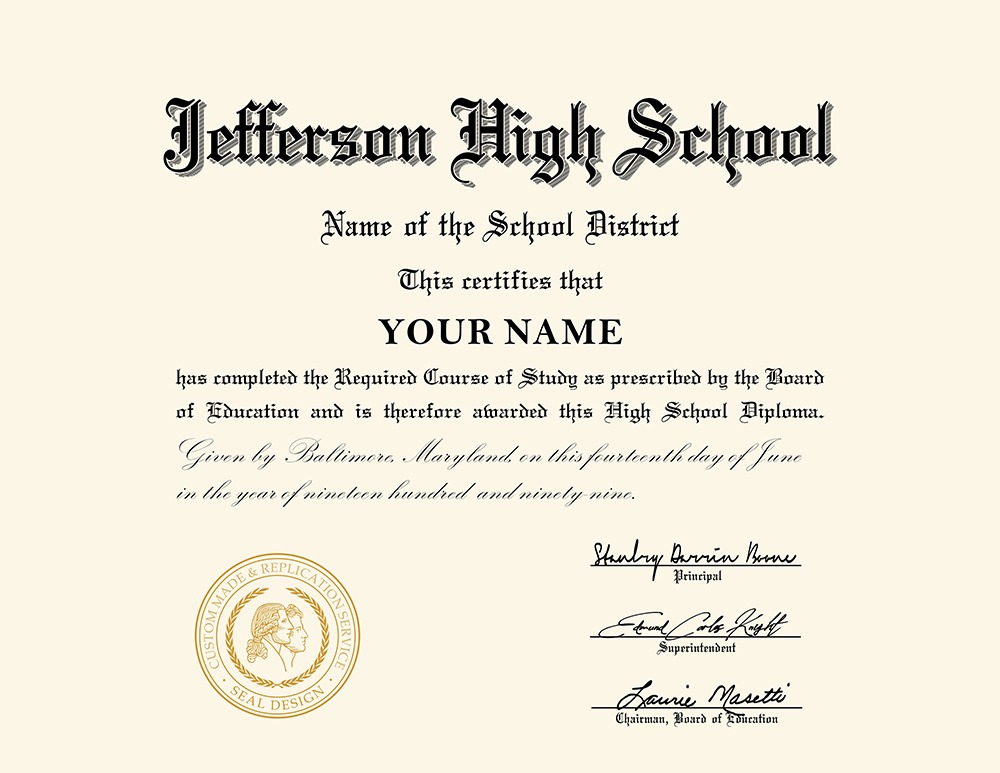Apostille Houston Service-- Licensed Record Verification for All Needs
Apostille Houston Service-- Licensed Record Verification for All Needs
Blog Article
Recognizing the Apostille Process: A Comprehensive Guide to International Paper Authentication
Browsing the intricate landscape of worldwide record authentication can be intimidating without a clear understanding of the apostille procedure. This overview diligently lays out the required actions, from identifying which documents call for certification to submitting them for verification by the Competent Authority. Comprehending the importance of an apostille and acknowledging prospective mistakes, such as insufficient entries and language barriers, can significantly streamline the authentication journey. What exactly defines an apostille, and why is it so essential for papers destined for Hague Convention nations? These concerns create the structure of our expedition right into this crucial lawful treatment.
What Is an Apostille?
An apostille is an official certification that confirms the credibility of a file for usage in one more nation. This qualification, provided by a designated authority in the nation where the paper stemmed, guarantees that the document is identified as legitimate and legitimate in the global sector. The procedure of getting an apostille entails several actions, consisting of the verification of the document's signatures, seals, and stamps by ideal governmental bodies.
The apostille serves as a worldwide acknowledged type of verification, implemented by the Hague Convention of 1961. This treaty, officially called the Hague Convention Abolishing the Demand of Legalisation for Foreign Public Records, systematizes the process of record certification amongst member nations. The apostille itself is a standard certificate which contains particular details, such as the releasing authority, the native land, and the date of issuance.
It is necessary to note that not all files are qualified for an apostille. Commonly, public records like birth certifications, marital relationship licenses, court orders, and educational diplomas certify for this accreditation. Exclusive documents, such as contracts and agreements, may call for notarization and additional actions to certify.
Importance of Apostille
Comprehending what an apostille is establishes the stage for appreciating its relevance in global ventures. houston tx apostille. An apostille, essentially a type of qualification issued by a designated authority, confirms the authenticity of a record for usage in international countries that are notaries to the Hague Apostille Convention. This standard procedure gets rid of the demand for more legalisation by consular offices or consulates, thereby enhancing international transactions
It ensures the trustworthiness and approval of crucial files-- such as copyright, marital relationship licenses, and educational diplomas-- throughout boundaries. For businesses, it promotes the smooth conduct of worldwide trade, mergers, and acquisitions by providing a trusted technique of document verification.
Additionally, an apostille enhances legal safety and compliance. Federal governments and establishments can with confidence depend on the authenticity of papers website here bearing an apostille, minimizing the threat of fraudulence and misrepresentation.
Documents That Need Apostille
When taking part in worldwide deals or legal matters, details documents frequently require the authentication supplied by an apostille. This ensures their acknowledgment and approval in countries that are notaries to the Hague Apostille Convention. Typically, individual files such as birth certifications, marital relationship certificates, click for more info and death certifications need an apostille, especially when they are used for processes like immigration, marital relationship abroad, or international probate matters.
Educational records are one more classification often requiring apostilles. Diplomas, records, and scholastic documents usually require this verification for functions such as seeking more education and learning, work, or expert licensing in a foreign nation (houston tx apostille). This action guarantees that the files are acknowledged as legitimate and valid
Legal papers, including powers of lawyer, testimonies, and court orders, also typically require apostilles. Organization papers such as certificates of incorporation, bylaws, and industrial agreements might call for an apostille to promote international profession, establish international branches, or take part in cross-border lawful process.
Steps to Get an Apostille

Obtaining an apostille involves a multi-step process that guarantees the authenticity and approval of your files in international countries. The preliminary action is determining which documents need an apostille. houston tx apostille. Typical records consist of birth certifications, marriage licenses, academic records, and corporate documents
Once determined, the record should be certified by the proper releasing authority. This may include registration by a notary public or verification by a regional or state authorities, relying on the kind of document. After certification, the file must be sent to the marked Competent Authority in the record's nation of beginning. In the United States, as an example, this is normally the Assistant of State's workplace for each state.
The submission procedure typically requires a completed application kind, the initial record, and a cost. Some jurisdictions may provide the choice of expedited handling for an extra cost. Upon successful verification, the Competent Authority will affix the apostille certificate to the record, thereby verifying its credibility.
Typical Obstacles and Solutions
Browsing the apostille procedure can provide several typical challenges that, if not properly dealt with, may More about the author delay or make complex file authentication. Each nation has specific requirements for the kinds of records that can be apostilled, and any discrepancy from these can result in being rejected.
An additional usual challenge is understanding the different handling times. Processing times can vary significantly in between nations and even in between different areas within the same country. It is important to make up these variations when planning the apostille procedure to stay clear of unforeseen delays.
In addition, language barriers can position substantial obstacles. Records in an international language commonly call for qualified translations, and any type of inaccuracies in translation can bring about additional issues. Engaging a specialist translation solution can minimize this threat.

Conclusion
Understanding the apostille process substantially enhances the efficiency of worldwide paper verification. By understanding the need of identifying and accrediting required documents, and navigating the entry to the Competent Authority, the procedure comes to be extra manageable.
Report this page